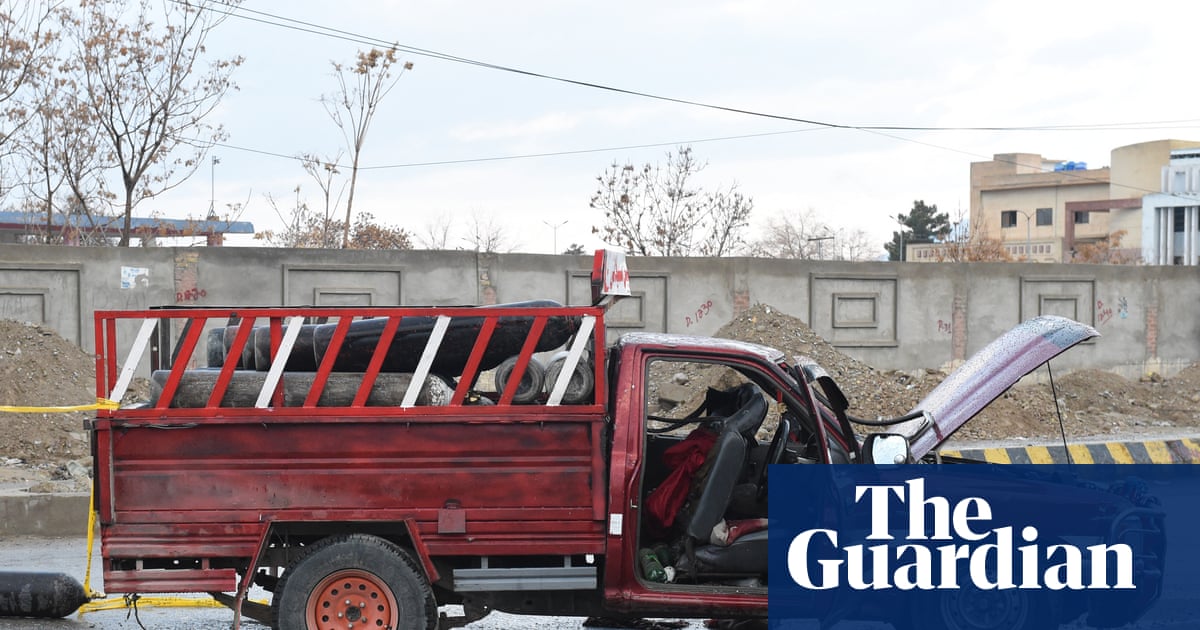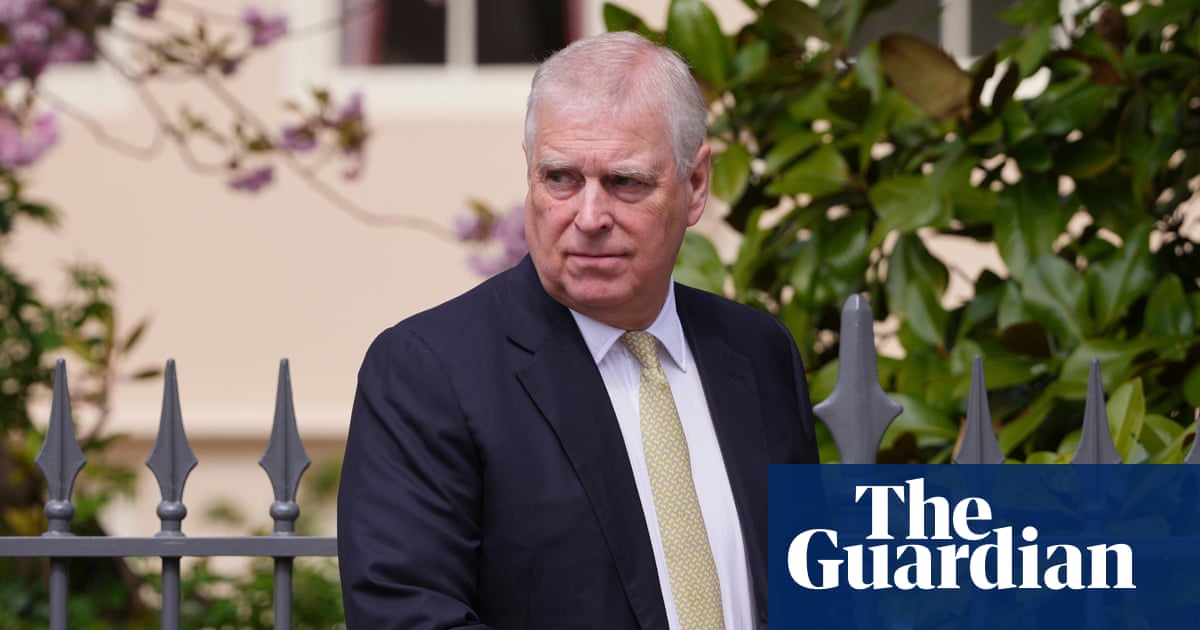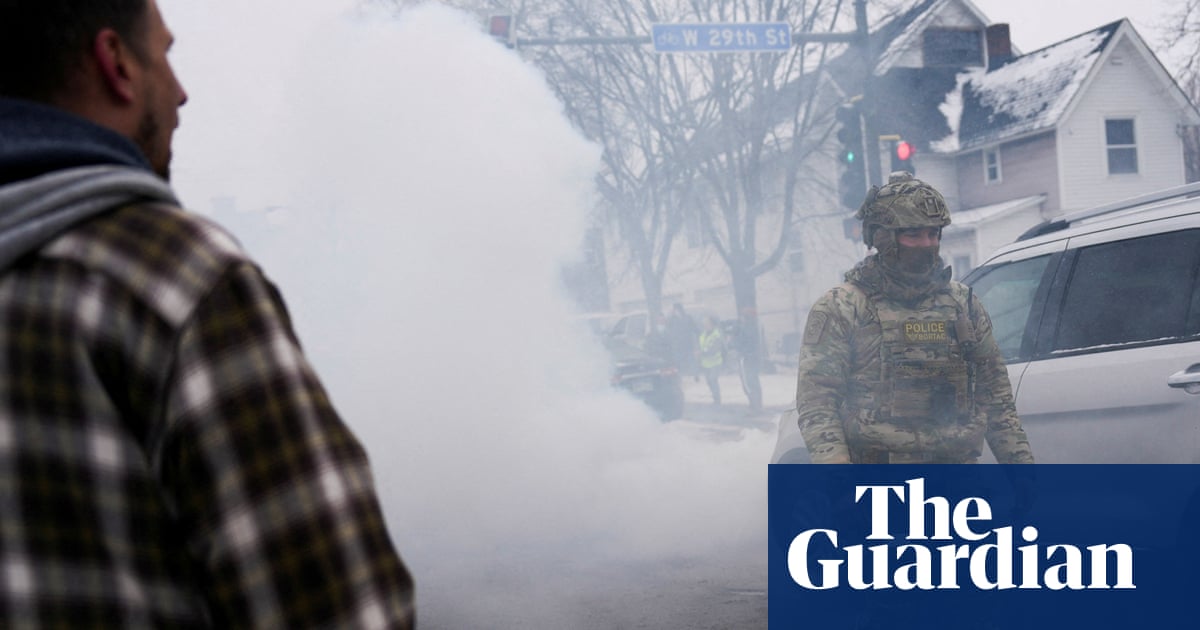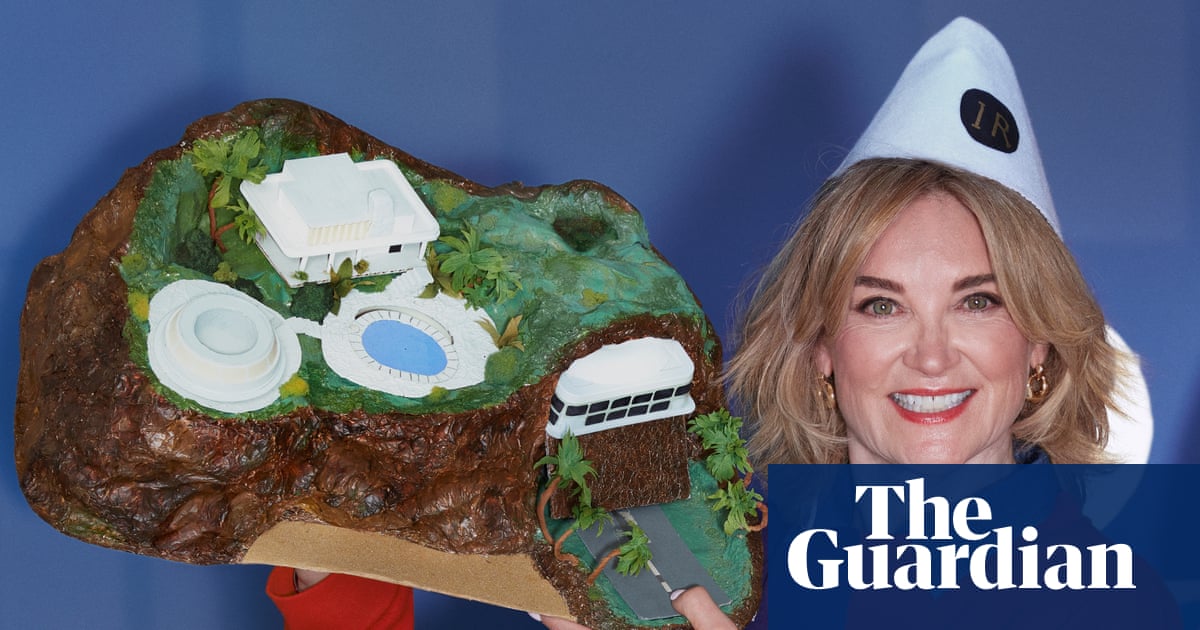The UK’s border chief has expressed frustration that the French authorities have not been able to roll out tactics to puncture and disable boats carrying asylum seekers in shallow waters.
Martin Hewitt, the border security commander at the Home Office, told MPs that rapid changes in government in France had been a “political backdrop” to introducing a tactic seen as crucial to countering “taxi boats” being used to smuggle people to the UK.
Appearing before the Commons’ home affairs select committee, Hewitt said it was “frustrating” that the French authorities had not been able to roll out more interventionist tactics against boats, which pick up people in shallow waters off French beaches.
In June, the French cabinet pledged to change the way maritime law was interpreted in order to allow police officers to intercept migrant boats at sea for the first time – within 300 metres of the coast.
This was hailed by government insiders as a “gamechanger” for their efforts to stop the crossings, which have reached more than 32,000 so far this year.
French police have since said they would not act on the orders without assurances they will be protected, properly trained and well equipped.
Asked why the tactic was not yet being used, and if political instability in France was a factor, Hewitt said he was working closely with the French secretary-general to the sea, a senior French official, but continued to find the process “frustrating”.
“I was over, and met with him in Paris three weeks ago to really press the point about how significant delivering this maritime tactic is for us because of the taxi boat scenario.
“This was referred to by President Macron at the summit in July when he spoke with the [British] prime minister. So it is frustrating that it’s taken the time that it has. Your point about the political instability, clearly that has been a backdrop,” he said.
Deaths in the Channel reached “horrific” numbers last winter, as desperate people attempting to reach the UK stormed small boats without paying, Hewitt said.
The International Organisation for Migration (IOM) reported that 2024 had become the deadliest year on record for deaths in the Channel, with at least 82 fatalities including 14 children. Another 20 people are believed to have died this year, as well as eight others travelling to cross.
Hewitt said there had been a change in the origins of asylum seekers, with many last autumn and winter coming from Eritrea, Ethiopia, Sudan and Somalia. “I think that’s had a number of impacts, one of the first impacts, and this was particularly prevalent towards the tail [of the summer] and in autumn into winter last year, where we had the horrific period where the number of fatalities rose quite significantly.
“For a period, the smugglers lost a bit of control of the process they were running and what was happening was, particularly with the Eritrean [and] Ethiopian migrants, they were storming boats and getting on to boats even when they hadn’t paid,” he said.
The chair of the committee, Karen Bradley, disclosed that there were only 12 officials working on the government’s “one in, one out” deal to detain Channel asylum claimants and return them to France, in exchange for taking a similar number of asylum seekers who had family in the UK.
This was compared with more than 1,000 officials working on the previous government’s Rwanda deal, she said.
Hewitt responded by saying the new deal involved many more people working across enforcement and immigration, and that smashing the smuggling gangs would take time.
Hewitt said: “I think there has previously been the view that that there is one thing, or one or two things, that will provide the answer. I very firmly believe that that’s not the case. This is an established criminality. It’s an incredibly profitable criminality, and there are increasingly numbers of people who are in a situation where they could see the potential to become migrants. So I don’t think this was ever going to [be solved] very quickly.”

 3 months ago
96
3 months ago
96

















































